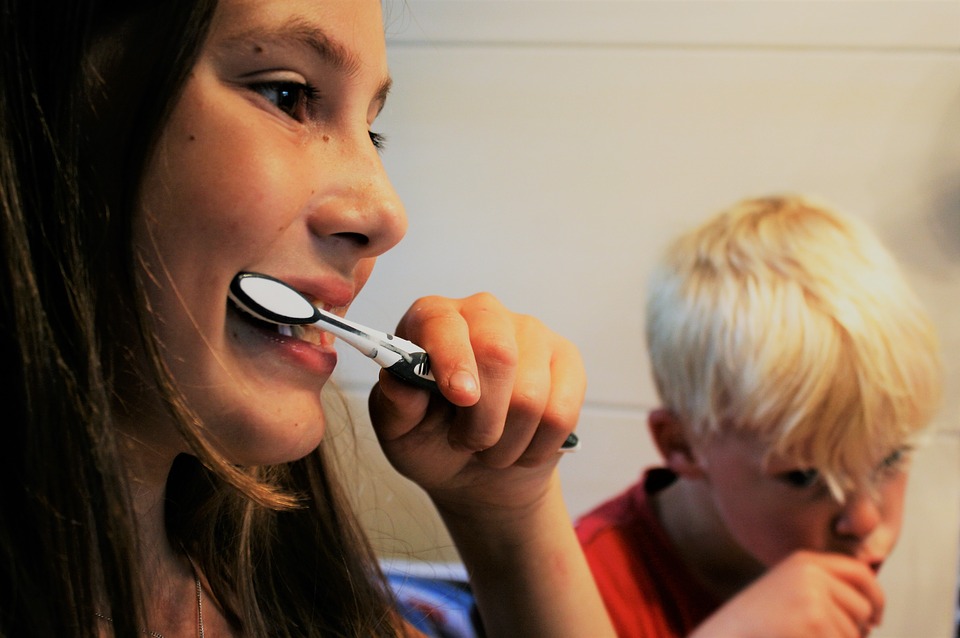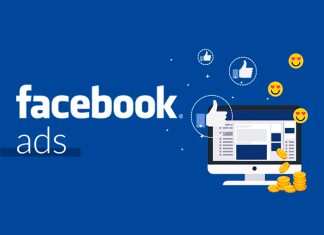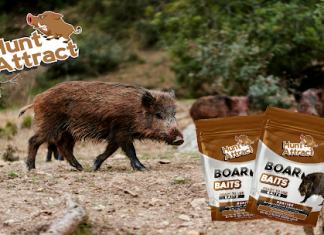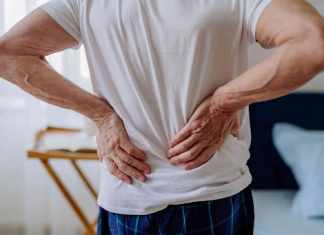 |
| Listen To Your Dentist: Start Taking Care Of Your Kids’ Teeth At An Early Age |
Is your child bothered? Does he
nibble his hands and all the puppets or toys that come his way? Does he sleep
worse than usual at night? Probably the time has come for teething and the time
has come to start taking care of his oral hygiene.
Even if those that will soon
sprout are “only” teeth from milk, their health is essential for the
well-being of the gums and that of your child’s future teeth.
sprout are “only” teeth from milk, their health is essential for the
well-being of the gums and that of your child’s future teeth.
Table of Contents
Here Are
7 Tips To Take Care Of Your Kids’ Teeth At Best:
1. Start Cleaning
Your Baby’s Mouth Even Before The Teeth Snack:
Clean his or her gums after each
meal with a small warm and slightly damp cloth, or with a garcinia placed
around a finger to remove the remaining food. Getting the baby used to the
daily cleaning of the mouth very soon will make it easier to switch to the
toothbrush.
meal with a small warm and slightly damp cloth, or with a garcinia placed
around a finger to remove the remaining food. Getting the baby used to the
daily cleaning of the mouth very soon will make it easier to switch to the
toothbrush.
2. As Soon
As The Teeth Start To Appear, Start Taking Care Of Them Properly:
Many parents think that baby
teeth are not important because they will be replaced by the final ones. Milk,
teeth are very important because they preserve space for permanent teeth and
help children chew and speak. If they are not treated properly they can fall,
creating an infection called gingivitis which, in addition to pain, can cause
subsequent problems with space for permanent teeth.
teeth are not important because they will be replaced by the final ones. Milk,
teeth are very important because they preserve space for permanent teeth and
help children chew and speak. If they are not treated properly they can fall,
creating an infection called gingivitis which, in addition to pain, can cause
subsequent problems with space for permanent teeth.
How do you deal with it properly?
Get a toothbrush with a small head, soft and comfortable bristles to hold and
then:
Get a toothbrush with a small head, soft and comfortable bristles to hold and
then:
- Brush his teeth twice a day: in
the morning and before going to bed. - Use a very small amount of
fluoride-free toothpaste. - Gently brush each tooth and, if
your baby supports it, even the tongue to remove the bacteria that can make the
breath heavy. - Rinse your mouth with a little
water. - Replace the toothbrush as soon
as you notice that the bristles appear worn.
Your child grows fast and learns
even faster. If you let him do it, by the age of 2, he might be able to brush
his teeth all by himself. But always check that you don’t overlook any part of
your mouth. It is also important that your child has his toothbrush and
toothpaste.
even faster. If you let him do it, by the age of 2, he might be able to brush
his teeth all by himself. But always check that you don’t overlook any part of
your mouth. It is also important that your child has his toothbrush and
toothpaste.
Your child learns many things by
simply observing you, so always give him a good example. Show him how to brush
your teeth and learn to follow a cleansing regime that he will carry with him
even as an adult.
simply observing you, so always give him a good example. Show him how to brush
your teeth and learn to follow a cleansing regime that he will carry with him
even as an adult.
3. Watch Out
For Tooth Decay:
The first sign of caries in
children’s teeth is a different color and an uneven surface. Sending babies to
bed with a milk bottle is known to be one of the ways to promote tooth decay.
Don’t leave your baby bottle in the hand for a long time, especially if you
notice that you don’t use it for drinking, but only for pastime.
children’s teeth is a different color and an uneven surface. Sending babies to
bed with a milk bottle is known to be one of the ways to promote tooth decay.
Don’t leave your baby bottle in the hand for a long time, especially if you
notice that you don’t use it for drinking, but only for pastime.
4. A Flush
After Meals Is Not Enough:
Many parents simply rinse the
mouth of children at the end of the meal with a glass of water. That is not
enough! Buy a toothbrush, obviously very soft, as soon as possible to get the
child used to have it in his mouth. You probably won’t need to use a toothbrush
to clean your teeth until you only eat solid foods (and have enough teeth) at
about 18 months. However, you will wash his teeth with a toothbrush and a
little toothpaste as soon as he starts eating sticky and sweet foods.
mouth of children at the end of the meal with a glass of water. That is not
enough! Buy a toothbrush, obviously very soft, as soon as possible to get the
child used to have it in his mouth. You probably won’t need to use a toothbrush
to clean your teeth until you only eat solid foods (and have enough teeth) at
about 18 months. However, you will wash his teeth with a toothbrush and a
little toothpaste as soon as he starts eating sticky and sweet foods.
5. Attention
To The Integration Of Fluoride:
Ask the kids dentist if they consider it necessary to supplement fluoride
in your child’s diet: fluoride is an important element to prevent tooth loss
but must be administered in the right doses.
in your child’s diet: fluoride is an important element to prevent tooth loss
but must be administered in the right doses.
6. Make An
Appointment At The Dentist For A Visit:
If you practice good oral hygiene
with your baby at home, your first visit to the dentist for kids dental care
can wait 3 years. In this way, your milk dentition will be almost complete and
the dentist can make a more complete and accurate visit.
with your baby at home, your first visit to the dentist for kids dental care
can wait 3 years. In this way, your milk dentition will be almost complete and
the dentist can make a more complete and accurate visit.
7. A Healthy
Mouth Starts With Nutrition:
Sugar causes tooth decay, this is
a fact. So try to avoid it as much as possible in your child’s diet. Always
check the ingredients on the packaging and avoid sugary and fizzy drinks. If
your child is crazy about fruit juices, dilute them with water and try to make
them drink only during meals.
a fact. So try to avoid it as much as possible in your child’s diet. Always
check the ingredients on the packaging and avoid sugary and fizzy drinks. If
your child is crazy about fruit juices, dilute them with water and try to make
them drink only during meals.














